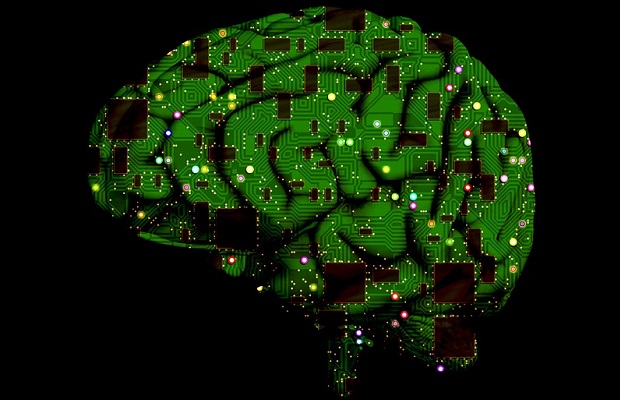SpaceX and Tesla CEO Elon Musk has launched a new project: a “medical research company” called Neuralink that will make brain-computer interfaces.
Neuralink will be centered on creating devices that can be implanted in the human brain, with the eventual purpose of helping human beings merge with software and keep pace with advancements in artificial intelligence.
These enhancements could improve memory or allow for more direct interfacing with computing devices.
According to The Wall Street Journal, the company will likely be funded entirely by Musk or by the Founders Fund, a VC firm founded by Peter Thiel.
The Journal also reports that the company has hired three people already: “Vanessa Tolosa, an engineer at the Lawrence Livermore National Laboratory and an expert in flexible electrodes; Philip Sabes, a professor at the University of California in San Francisco, who studies how the brain controls movement; and Timothy Gardner, a professor at Boston University who is known for implanting tiny electrodes in the brains of finches to study how the birds sing.”
Their work will build on over a decade’s worth of successful brain-computer interfaces (BCI), beginning with BrainGate, an early BCI tech that allows people to type messages on a computer by picking out letters one by one on a screen.
It works by connecting to the brain’s motor cortex: when the person thinks about moving, that thought is translated into movements of a cursor. However, this method is still quite slow, and Musk’s company hopes to speed things along.
Long Neuralink piece coming out on @waitbutwhy in about a week. Difficult to dedicate the time, but existential risk is too high not to.
— Elon Musk (@elonmusk) March 28, 2017

